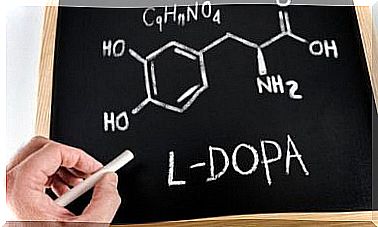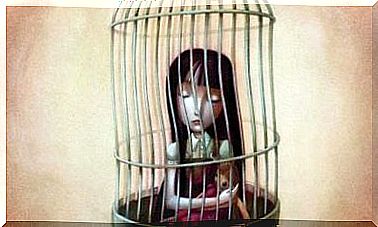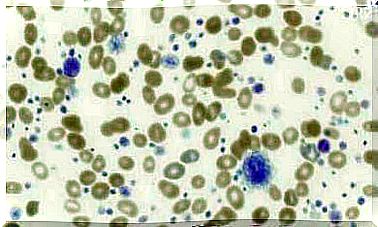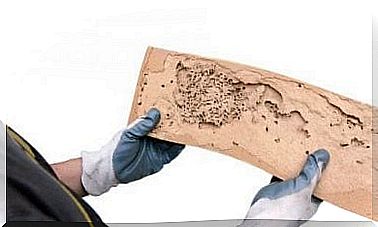Polyuria: What It Is And What It Hides

Polyuria is a medical term that refers to the increase in urine produced. To be able to talk about polyuria, the body must produce more than three liters of urine per day in an adult subject, and more than two and a half liters in twenty-four hours in the case of a child.
There are other similar terms, but with different meanings. For example, pollakiuria refers to the exaggerated frequency of urination during the day, although the amount remains normal overall. On the other hand, nocturia consists of the need to urinate at night, interrupting sleep.
A condition of polyuria can coexist with nocturia or pollakiuria. An increase in the volume of urine may also occur, without any other symptoms. In any case, we are dealing with a symptom and not a disease as such. To know the underlying disorder, a diagnosis must be made. The amount of urine produced in twenty-four hours will depend on three factors:
- What we have ingested : that is how much liquid we have introduced into our body.
- The substances to be eliminated : urine is a mechanism in the human body that serves to eliminate substances that have no use. The quantity to be expelled will be a further aspect to be evaluated.
- The functioning of the kidneys : urine is produced in the kidneys and depends on the working capacity of these organs.
Most common causes of polyuria
First of all, we will list the general causes underlying polyuria, and then duly explain some diseases that are most often responsible for this symptom. Among these general causes, some are associated with everyday and transient events, while others are more persistent:
- Increased fluid intake : Obviously, by increasing the amount of fluids ingested throughout the day, the body will need to eliminate them. In this case we will find ourselves in the presence of a case of transient and benign polyuria.
- Increased consumption of salt : salt is a substance capable of retaining water, that is, it joins the body’s water and carries it to the kidneys to eliminate it from the body. When we ingest particularly salty foods, an increase in urine volume should be expected. This is a temporary polyuria.
- Drinks that stimulate urine : certain drinks increase the volume of urine; these include beer, some types of tea and caffeine.
- Cold temperatures : When it’s cold around us, the body registers it and produces vasoconstriction (that is, the walls of the body’s arteries narrow). By narrowing the arteries, the space for blood to pass through is reduced and the body gets rid of excess fluid by increasing urine output.
- Taking diuretics: To treat some conditions, doctors prescribe drugs known as diuretics (furosemide or hydrochlorothiazide, for example). These drugs increase the volume of urine, causing polyuria. It can be a foreseeable treatment effect or an undesirable effect.
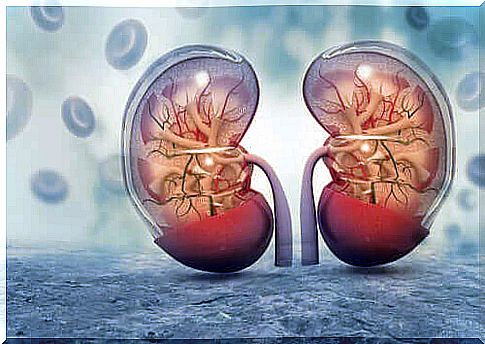
Specific diseases that cause polyuria
Having described the general causes, let us now list four diseases that have polyuria as a symptom. Medical supervision is very important, as polyuria can be a big problem.
Although it is one more symptom in the context of these pathologies, when it becomes uncontrollable it leads to other problems. Still, the goal will always be to treat the underlying disease.
Diabetes
It is considered the most common cause of polyuria. Traditionally it is believed that the triad of polyuria, polydipsia – that is, increased thirst – and polyphagia – increased appetite – are the first alarm bells of this pathology.
Polyuria occurs as a result of the body’s need to get rid of excess glucose. Given its excessive presence in the blood, the only way out is to expel it through urine, increasing the production of the latter. This is why polyuria is typical in diabetic subjects.
Heart failure
In heart failure, the heart cannot pump enough blood around the body. It thus becomes an “insufficient” organ, because it does not possess enough strength to perform a contraction work.
Patients with heart failure often experience polyuria due to the fact that this circulatory deficit produces fluid accumulation. The body eliminates excess fluids through urine ; very often, stimulating an increase in volume at night.

Hypertension
Hypertensive people experience an increase in the amount of urine when they do not undergo medical treatment or when they do not control the disease sufficiently. Sometimes, in cases of a silent disease such as arterial hypertension, the only symptom is polyuria.
High blood pressure values impair the functioning of the kidneys, changing the way they filter blood and produce urine. For this reason, the production of the same increases. In addition, mechanisms similar to those of heart failure are activated.
Kidney failure
Kidney failure is not an extremely common disease, however it is very serious. In these cases, the kidneys are insufficient, because they are unable to adequately filter the blood and produce the right amount of urine. Faced with this bad drainage, not only the substances that the body wants to eliminate, but also useful substances and water are dispersed.
Kidney failure can be the final and complicated phase of other diseases, such as diabetes, or a phenomenon triggered by unhealed infections, autoimmune attacks of the body or malignant tumors.
Conclusions on polyuria
Polyuria is a symptom to which attention must be paid. If we are aware that we have eaten salty or have suffered from the cold, we can rest assured and wait for the symptom to disappear by itself. However, if it has become persistent, we need to see a doctor.
Medical professionals will be able to prescribe the tests necessary to diagnose the underlying cause of polyuria. Once the origin is identified, the appropriate therapy will be indicated.
